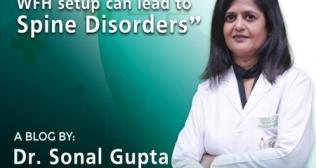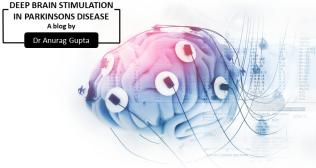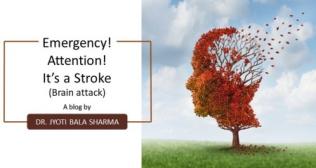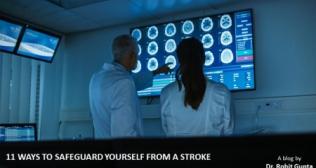
Migraine: Understanding Symptoms, Triggers, and Treatment
Migraine is a neurological condition characterized by recurrent headaches that can cause moderate to severe pain, often accompanied by other symptoms such as nausea, vomiting, and sensitivity to light and sound. It is a complex disorder with a wide range of triggers and manifestations, affecting millions of people worldwide. Understanding the symptoms, triggers, and treatment options for migraine is essential for managing this debilitating condition effectively.
Symptoms:
The hallmark symptom of migraine is a severe headache that typically occurs on one side of the head and can last for hours to days. Migraine headaches are often pulsating or throbbing in nature and may be aggravated by physical activity. In addition to head pain, individuals with migraine may experience:
Aura: Some migraine sufferers experience visual disturbances known as aura before or during the headache. Aura may include visual phenomena such as flashing lights, blind spots, or zigzag lines, as well as sensory disturbances such as tingling or numbness in the face or extremities.
Nausea and Vomiting: Many migraine attacks are accompanied by gastrointestinal symptoms, including nausea, vomiting, and stomach upset.
Sensitivity to Light and Sound: Migraine sufferers often become hypersensitive to light (photophobia) and sound (phonophobia) during an attack, preferring to rest in a dark, quiet room.
Aura: Some migraine sufferers experience visual disturbances known as aura before or during the headache. Aura may include visual phenomena such as flashing lights, blind spots, or zigzag lines, as well as sensory disturbances such as tingling or numbness in the face or extremities.
Triggers:
Migraine triggers vary widely among individuals and may include:
Hormonal Changes: Fluctuations in estrogen levels, such as those that occur during menstruation, pregnancy, or menopause, can trigger migraines in some individuals.
Certain Foods: Certain foods and beverages, such as aged cheeses, chocolate, caffeine, alcohol, and processed meats, may trigger migraines in susceptible individuals.
Stress: Emotional stress, anxiety, and tension can precipitate migraine attacks or exacerbate existing symptoms.
Sleep Disturbances: Changes in sleep patterns, including insufficient sleep or irregular sleep schedules, can trigger migraines in some people.
Environmental Factors: Exposure to strong odors, bright lights, loud noises, or changes in weather or altitude may trigger migraines in susceptible individuals.
Physical Factors: Intense physical exertion, such as strenuous exercise or sexual activity, can trigger migraines in some individuals.
Treatment:
Treatment for migraine aims to relieve pain, reduce the frequency and severity of attacks, and improve quality of life. Treatment options may include:
Medications: Over-the-counter pain relievers such as acetaminophen, ibuprofen, or aspirin may provide relief for mild to moderate migraine attacks. For more severe or recurrent migraines, prescription medications such as triptans, ergotamines, or anti-nausea drugs may be prescribed.
Preventive Medications: For individuals with frequent or severe migraines, preventive medications may be prescribed to reduce the frequency and severity of attacks. These medications include beta-blockers, antidepressants, anticonvulsants, and Botox injections.
Lifestyle Modifications: Lifestyle changes such as maintaining a regular sleep schedule, managing stress through relaxation techniques or therapy, staying hydrated, and avoiding known triggers can help reduce the frequency and severity of migraines.
Alternative Therapies: Some individuals find relief from migraines through alternative therapies such as acupuncture, biofeedback, massage, or herbal supplements. However, the effectiveness of these therapies varies, and more research is needed to establish their efficacy.
Acute Treatments: During a migraine attack, rest in a quiet, dark room, apply cold packs to the head or neck, and practice relaxation techniques such as deep breathing or meditation to help alleviate symptoms.
In conclusion, migraine is a complex neurological condition characterized by recurrent headaches, often accompanied by other symptoms such as nausea, vomiting, and sensitivity to light and sound. Understanding the symptoms, triggers, and treatment options for migraine is essential for effectively managing this debilitating condition and improving quality of life for individuals affected by migraines. By identifying triggers, implementing lifestyle modifications, and utilizing appropriate treatments, individuals with migraines can reduce the frequency and severity of attacks and achieve better control over their symptoms.
Categories
Clear allMeet the doctor

- Neurology | Neurology
-
12 Years
-
1500



















